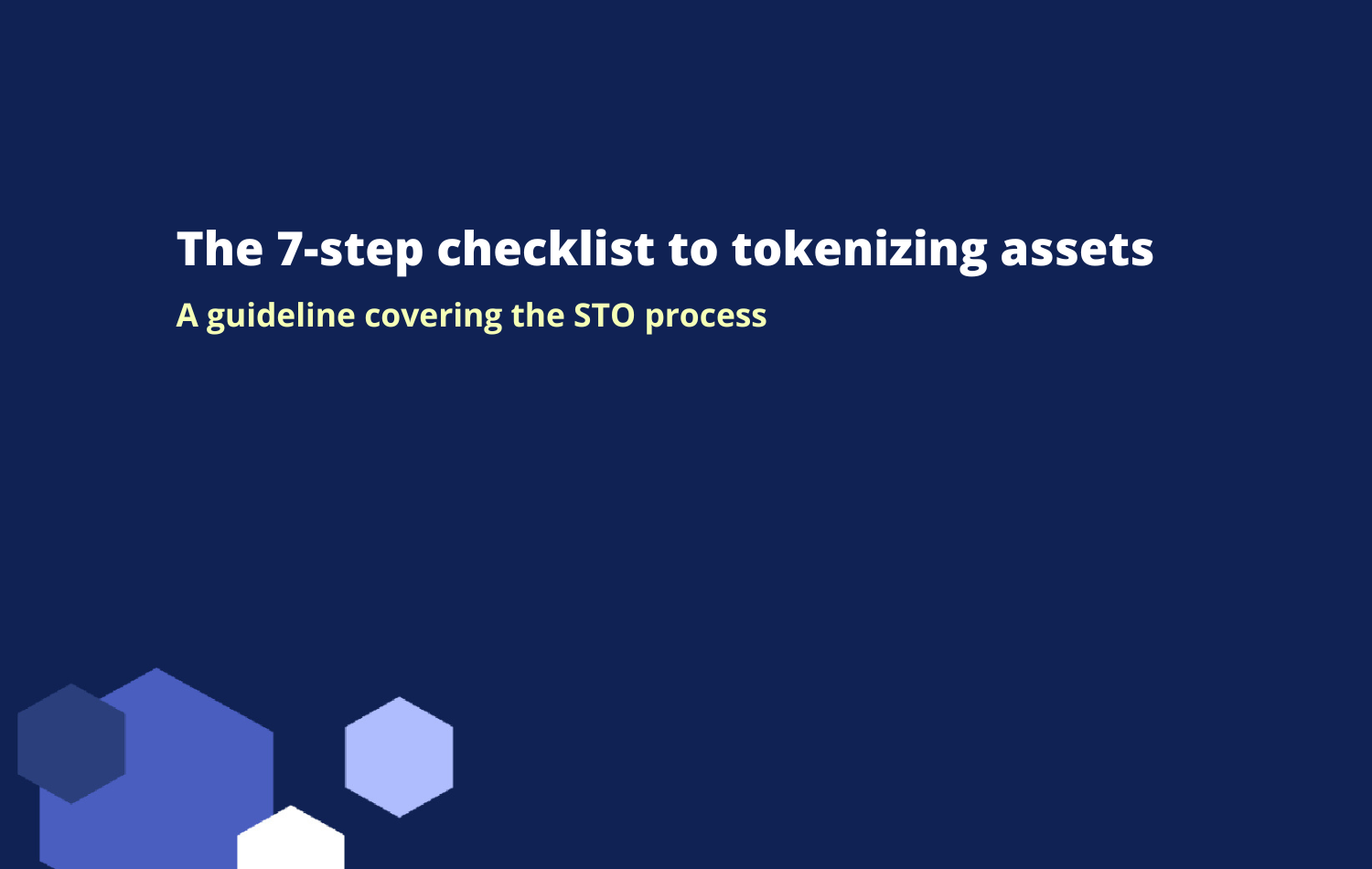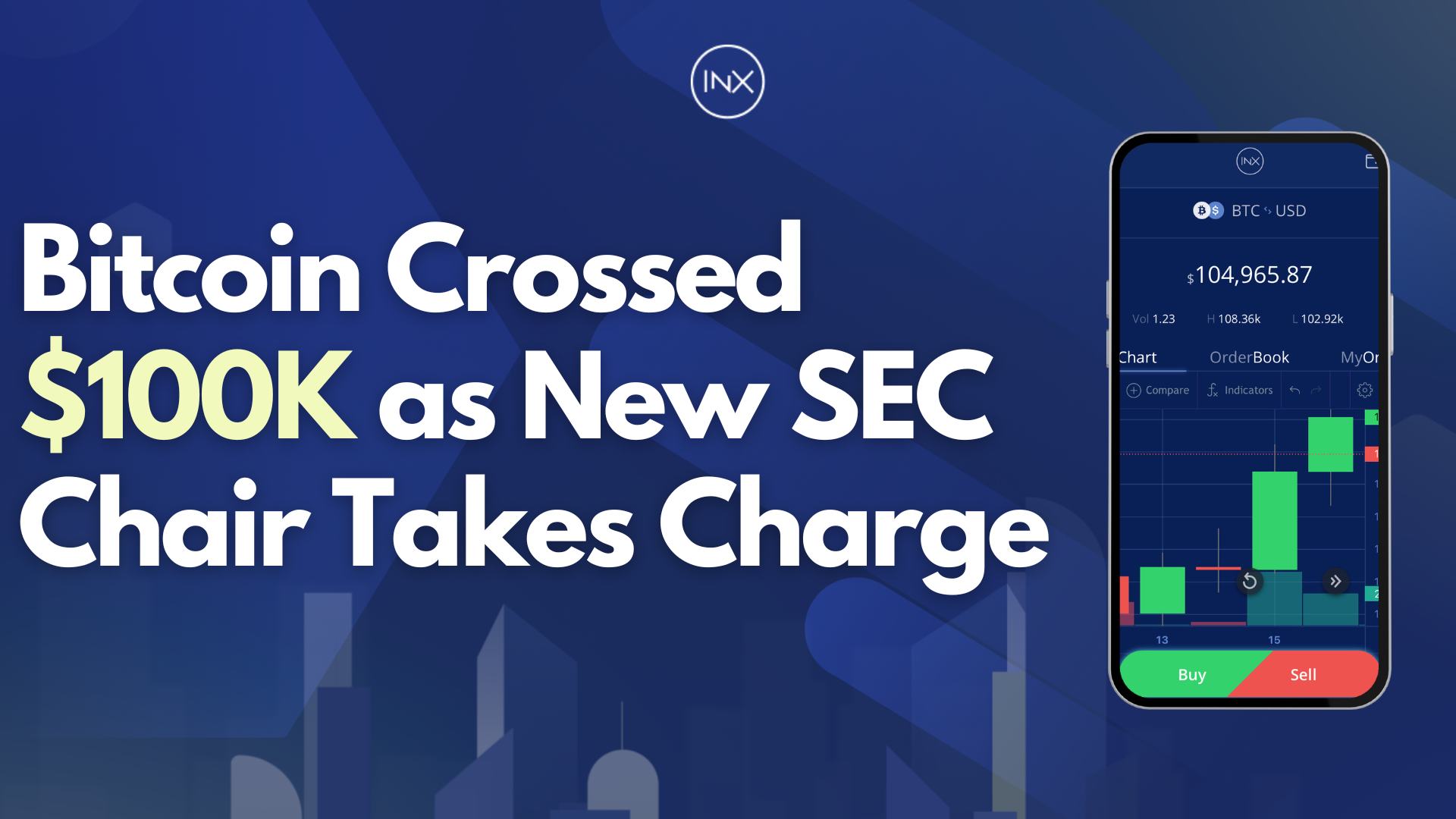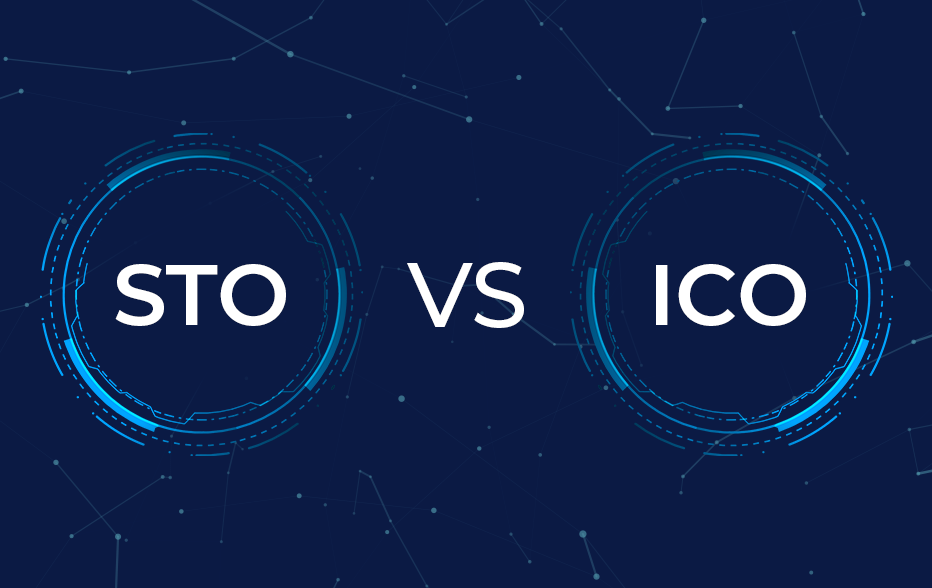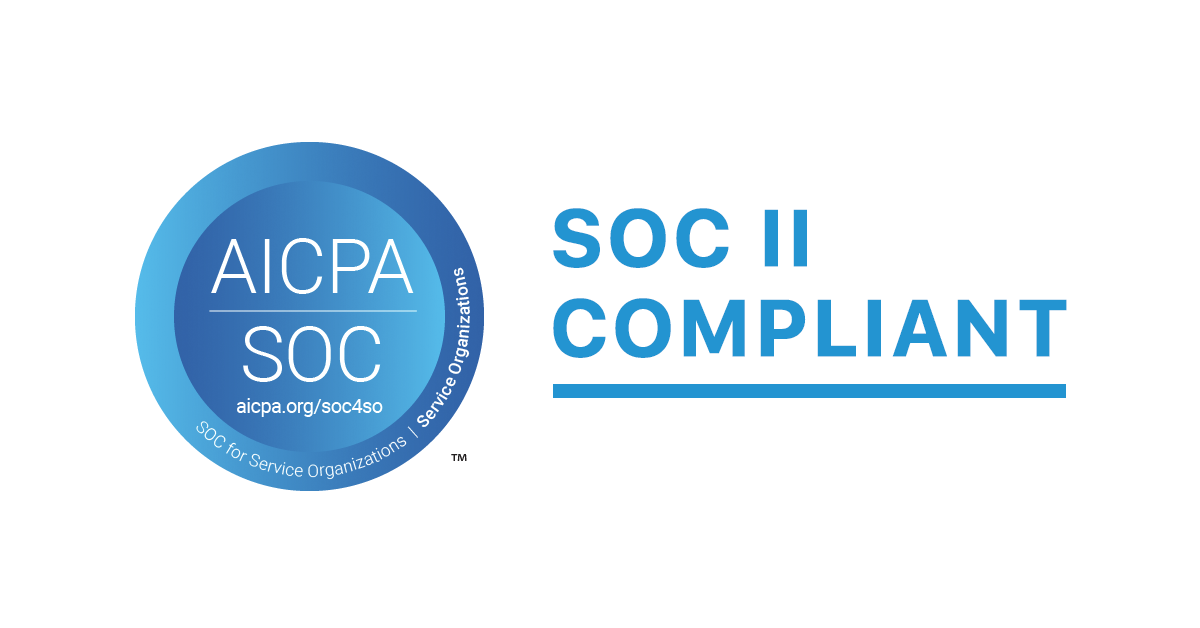The 7-step checklist to tokenizing assets

In the rapidly-evolving landscape of finance and investment, security tokens have emerged as an exciting new opportunity for entrepreneurs and investors alike. These digital assets offer a more transparent and accessible way to invest in a range of asset classes, from real estate to fine art. However, navigating the complex world of tokenization can be daunting, especially for those unfamiliar with the process. If you’re considering
What is a Security Token Offering (STO)?
STOs are a form of fundraising involving the issuance of digital tokens to investors. These tokens give their holders rights similar to those of traditional securities, while leveling the playing fields in terms of capital requirement, barrier to entry and above all else, transparency. Tokens issued under SEC registration or one of the SEC exemptions from registration are considered a security and thereby afforded the same rights as investors in any publicly traded entity.
Here is a 7-step guideline which covers the STO process.
Step 1: Comply with Security Regulations
Financial regulations are specific to countries, regions and jurisdictions. In the US, STOs are regulated by the Securities and Exchange Commission (SEC). Under the Securities Act of 1933, any security offering made to US residents must either be registered with the SEC or be exempted from regulation under the rules of the Act.
What are exemptions?
Generally, a business may not offer or sell securities unless the offering has been registered with the SEC or falls within an exemption classification. Each exemption has specific requirements that a company must meet. Reg D and Reg S are the most common exemptions.
Regulation D: Securities are exempt from registering with the SEC if they raise money only from accredited investors, meaning anyone with a net worth of $1 million+ or with an annual income of $200,000 or more in the last two years.
Regulation S: This exemption provides that offers and sales of securities that occur outside of the United States are exempt from the registration requirements of Section 5 of the Securities Act of 1933.
Step 2: Create your PPM (private placement memorandum) and Subscription Agreement
The PPM document outlines the terms of securities to be offered in a private placement. It resembles a business plan in content and structure. Although the SEC does not require Issuers to prepare a PPM for investors through a private placement, there are practical reasons to do so, namely, to serve as proof that the issuer has made best efforts to disclose all material information to investors. Further, if an issuer wishes to sell securities through a broker-dealer, the broker-dealer will require a PPM.
Step 3: Market your Offering
It is essential that the issuer knows their audience and their expectations. An experienced and professional marketing team will develop a marketing strategy to promote the STO to potential investors. This may involve social media marketing, email campaigns, PR, and other promotion tactics.
Step 4: Perform Due Diligence on your Investors
If broker/dealers are involved by the STO issuer to market the security token sale, they must implement the required due diligence measures as regulated entities.
Know Your Customer (KYC) enables effective verification of the identity of customers, and allows the issuer to obtain the relevant data necessary to do business with a given person.
Anti Money Laundering (AML) is a set of regulations and procedures created to prevent money laundering and other illegal activities by specific entities.
Step 5: Mint and Issue your Security Token
Minting security tokens is the process of generating new and unique coins by authenticating data, creating new blocks, and recording the information onto the blockchain through a “proof of stake” protocol. Security tokens are issued under the ERC-1404 standard, which allows the issuance of security tokens with transfer restrictions to fulfill compliance requirements.
Step 6: List your Token on a Securities Exchange for Trading
The next step in the process involves the listing and trading of the security token. Unlike crypto assets, security tokens can only be traded on regulated ATS (Alternative Trading Systems) that are approved for digital securities trading. ATSs are SEC-regulated and therefore both investors and issuers enjoy the full protection afforded by the SEC. For example, the securities token portion of INX.One platform is a regulated ATS that operates under full SEC rules and procedures.
Step 7: Manage your Security Token on an Ongoing Basis
As in any successful business venture, management is paramount. Three areas of management which play an important role in a successful STO process:
- Cap table management: A cap table is a chart which shows ownership stakes in the business. It would include how much investors paid for their equity, and each investor’s percentage of ownership in the company.
- Dividend distribution. A key benefit of security tokens is they provide liquidity to the underlying asset, more so than traditional assets such as stocks or bonds. The details and process for dividends is programmable and embedded into the token.
- Voting rights. Another benefit which can be embedded into the token as per agreement between the investor and the Issuer.
INX occupies a truly unique position in the STO process.
The INX Token was the first public SEC-registered security token to IPO on the blockchain. Registered and issued with SEC approval, and ultimately listed on their own SEC approved platform, INX.One.
Having completed the full cycle of the STO process, from being vetted as an issuer, through to listing their token, INX now provides a complete security token service for potential issuers. INX will provide all the necessary expertise and support required to complete steps 1-3, and then provide full service in completing steps 4-7. That’s end-to-end support, from start to finish, all under SEC compliance. Checks and balances throughout. That is the INXWay.
David Azaraf March 14, 2023
Crypto enthusiast, help businesses plug into the token economy






